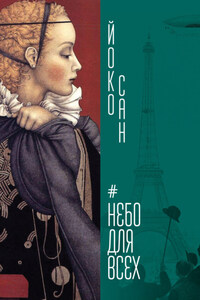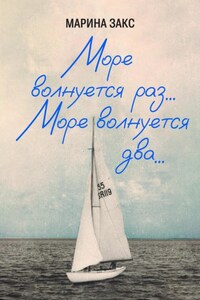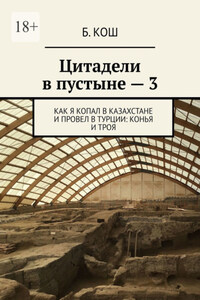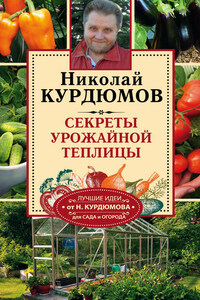4th Estate
An imprint of HarperCollinsPublishers
1 London Bridge Street
London SE1 9GF
www.4thEstate.co.uk
This eBook first published in Great Britain by 4th Estate in 2018
Copyright © 2014 by Suhrkamp Verlag Berlin
English language translation copyright © 2018 by Shelley Frisch
Grateful acknowledgment is made to Henry Holt and Company, Inc., New York, for permission to reprint from “Babi Yar” from The Collected Poems, 1952–1990 by Yevgeny Yevtushenko, edited by Albert C. Todd with Yevgeny Yevtushenko and James Ragan, © 1991 by Henry Holt and Company, Inc., New York.
Cover design by Heike Schüssler
Cover photograph © Eugene Shimalsky
Katja Petrowskaja asserts the moral right to be identified as the author of this work in accordance with the Copyright, Designs and Patents Act 1988.
A catalogue record for this book is available from the British Library
All rights reserved under International and Pan-American Copyright Conventions. By payment of the required fees, you have been granted the non-exclusive, non-transferable right to access and read the text of this e-book on-screen. No part of this text may be reproduced, transmitted, down-loaded, decompiled, reverse engineered, or stored in or introduced into any information storage and retrieval system, in any form or by any means, whether electronic or mechanical, now known or hereinafter invented, without the express written permission of HarperCollins
Source ISBN: 9780008245283
Ebook Edition © August 2017 ISBN: 9780008245306
Version: 2018-01-02
I would rather have set off from elsewhere than here, the wasteland around the train station that still attests to the devastation of this city, a city that was bombed and reduced to ruins in the course of victorious battles, as retribution, it seemed to me, seeing as how the war that had been the cause of immeasurable devastation, far and wide, had been steered from this very city, an endless blitzkrieg with iron wheels and iron wings. That is now so far in the past that this city has become one of the most peaceful cities in the world and pursues this peace almost aggressively, as if in remembrance of the war.
The train station was recently built in the middle of this city, and despite the much-touted peace the station was inhospitable, as though it embodied all the losses that no train could outrun, one of the most inhospitable places in our Europe, united every which way, yet still sharply bounded, a place that always feels drafty and where your gaze opens out onto a wasteland, unable to alight in an urban jungle, to rest on something before moving out of here, out of this void in the midst of the city, a void that no government can fill, no lavish buildings, no good intentions.
Again, it was drafty as I stood on the platform and my eyes once more swept across the huge letters
BOMBARDIER
Willkommen in Berlin
underneath the arc of the curved roof, noting the contours lackadaisically yet thrown as ever by the mercilessness of this welcome. It was drafty when an elderly gentleman came up to me and asked about this Bombardier.
Your thoughts go straight to bombs, he said, to artillery, to that terrible, unfathomable war, and why Berlin of all places should be welcoming us in that way, this lovely, peaceful, bombed-out city, which is aware of all that, it just can’t be that Berlin bombards—so to speak—new arrivals like him with this word in huge letters, and what is meant by welcome anyway, who exactly is supposed to be bombarded, and with what. He was desperately seeking an explanation, he told me, because he was about to set off. I replied, somewhat astounded that my inner voice was addressing me in the form of an old man with dark eyes and an American accent, breathless and ever more agitated, almost wildly plying me with questions that I myself had played through a hundred times already, play it again, I thought, sinking deeper and deeper into these questions, into this distant realm of questions on the platform, and I replied that I, too, think of war right away, it’s not a matter of age, I always think about the war as it is, especially here in this through station, which is not the final destination for anyone, never fear, you can keep on going, I thought, and that he was not the first who had wondered about that, to himself and to me. I am here too often, I thought for a second, maybe I’m a стрелочник, a shunter, the shunter is always the one to blame, but only in Russian, I thought, as the old man said, My name is Samuel, Sam.








